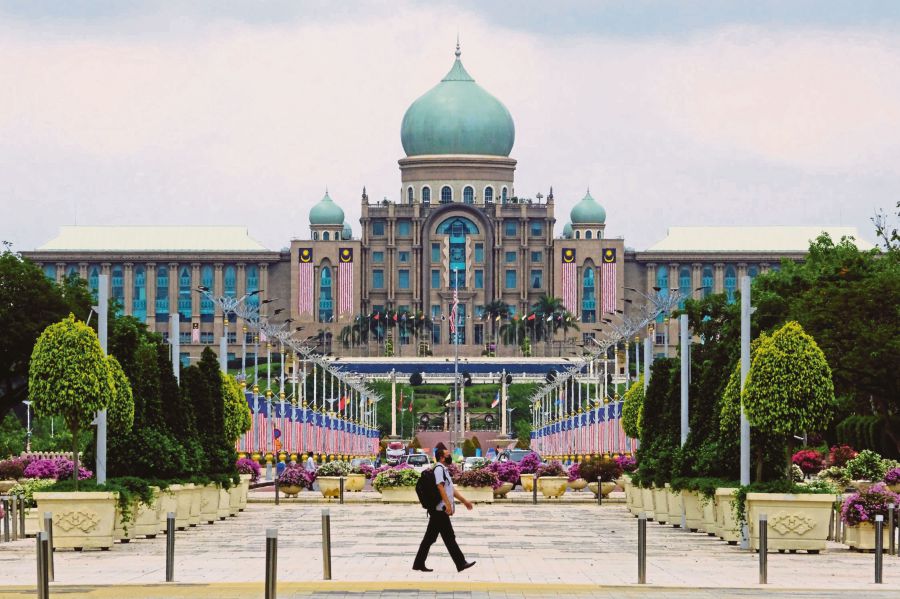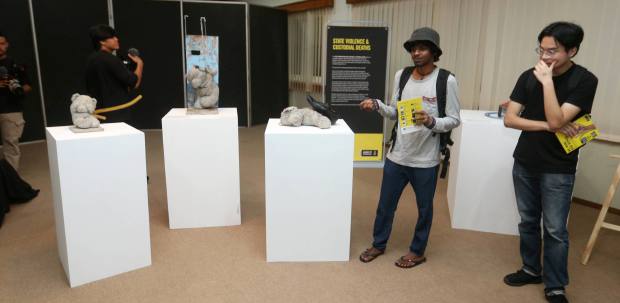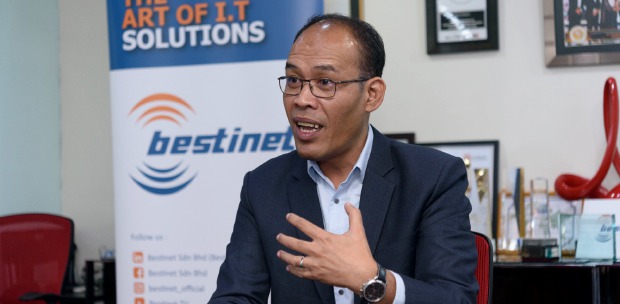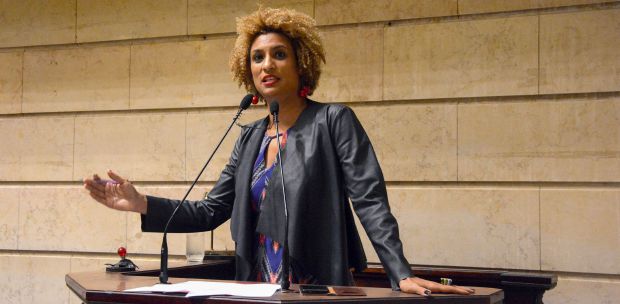PUTRAJAYA has come under criticism by local human rights activists for seeking a seat on the United Nations Human Rights Council (UNHRC) for the 2022-2024 term, claiming that it is "hypocritical" when the country has not dealt with its own alleged human rights violations.
However, a brief review of current and past members of UNHRC reveals that this criticism is itself hypocritical.
Life-threatening prison conditions; arbitrary arrest and detention; impunity of human rights abusers; rampant violence against women; thousands killed in armed conflict; complete shutdown of the Internet; police and soldiers raping, beating, suffocating and electrocuting suspects to extract "confessions"; and, human trafficking.
These are just a few of the rights abuses documented among current members of UNHRC itself. Given the above, inclusion of Malaysia would improve the overall record on human rights of UNHRC collectively.
Surely, no honest human rights activist or non-governmental organisation (NGO) will claim that Malaysia, which has welcomed nearly 200,000 refugees seeking a better life, is on a par with countries like Afghanistan, the Democratic Republic of Congo and Mexico, whose human rights record consistently ranks among the worst on earth, and all of whom are current members of the council.
Malaysia has made significant progress in this realm, and by many metrics, leads the region in freedom, civil liberty, transparency and human rights protection.
Malaysia has consistently cooperated with the Universal Periodic Review (UPR) process of the UN and taken concrete steps to address recommendations in a responsible manner, which has earned the country praise from the world body.
Prior to the Covid-19 pandemic, Malaysia has achieved remarkable reductions in poverty — itself an important safeguard against exploitation and abuse.
We are a nation continuously striving for improvement, elevating our living standard and embracing progress.
While critics blame Malaysia for not ratifying a number of UN conventions, claiming this as a basis to disqualify the country from a seat on the UNHRC, the fact is that Malaysia has independently worked to raise human rights standards without external coercion or pressure.
Simply because Malaysia maintains its sovereignty while implementing reforms does not negate the integrity of those reforms, rather it ensures that our human rights polices are genuine and tailored for the long-term interests of our people.
With or without international obligations, Malaysia has endeavoured, and will continue to endeavour, for greater human rights protection, and our country deserves a seat in UNHRC for precisely this reason.
It is disingenuous to claim that no country should sit on the council unless or until their own human rights records are without blemish. If that is the case, it will be necessarily for the council to be disbanded. What qualifies a country for membership is not perfection in human rights, but evidenced commitment to human rights.
The fact that human rights activists and NGOs — who criticise Malaysia's record and organise and lobby Putrajaya on human rights issues — can continue to exist, work and have a voice in Malaysia is itself a testimony to our country's commitment.
Critics have suggested that Malaysia is simply seeking to elevate our standing on an international platform by seeking a seat on the council. But while this may indeed be an unintended consequence of UNHRC membership, what is wrong with that?
Malaysia deserves a greater role on the global stage; we are the sixth largest economy in southeast Asia and 39th in the world.
Malaysian peacekeepers are deployed in five international UN missions. Our response to the pandemic has been second to none, earning admiration from public health officials around the world.
We are a country growing and advancing rapidly; highlighting this progress on the global stage can only inspire other nations to follow suit.
We do not claim to be a utopia. Any country that made such a claim, indeed, should be viewed with great suspicion. We acknowledge the challenges we face, we recognise the improvements that need to be made, and we are diligently working to achieve them.
Malaysia is a country with enormous influence in the region, and we possess a unique knowledge of the cultures and mentality of Southeast Asia, where many serious human rights concerns exist.
The insights and understanding that Malaysia can bring to the council are invaluable for the promotion of greater safety and freedom for people in the region.
The writer is founder, Centre for Human Rights Research and Advocacy (CENTHRA)





